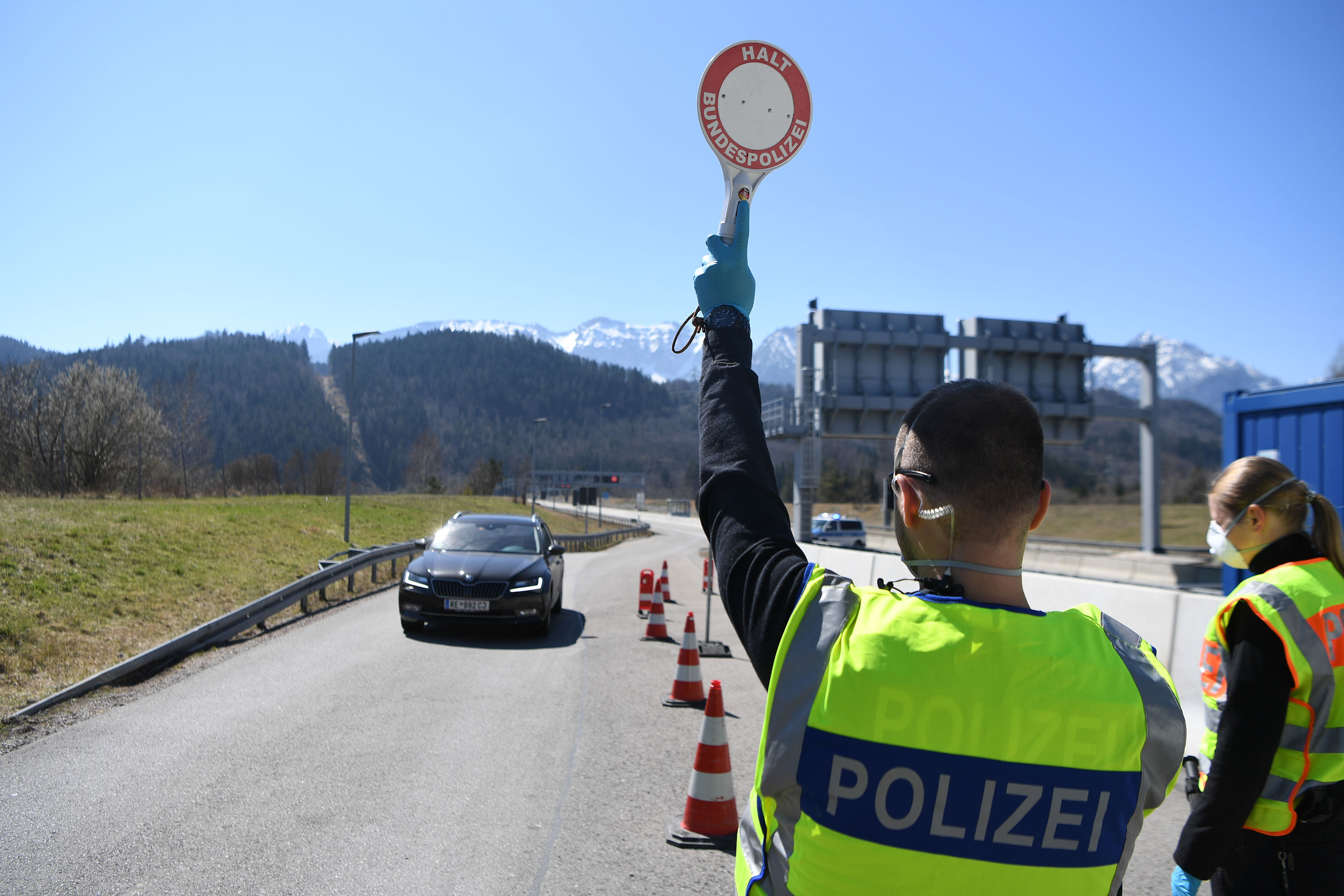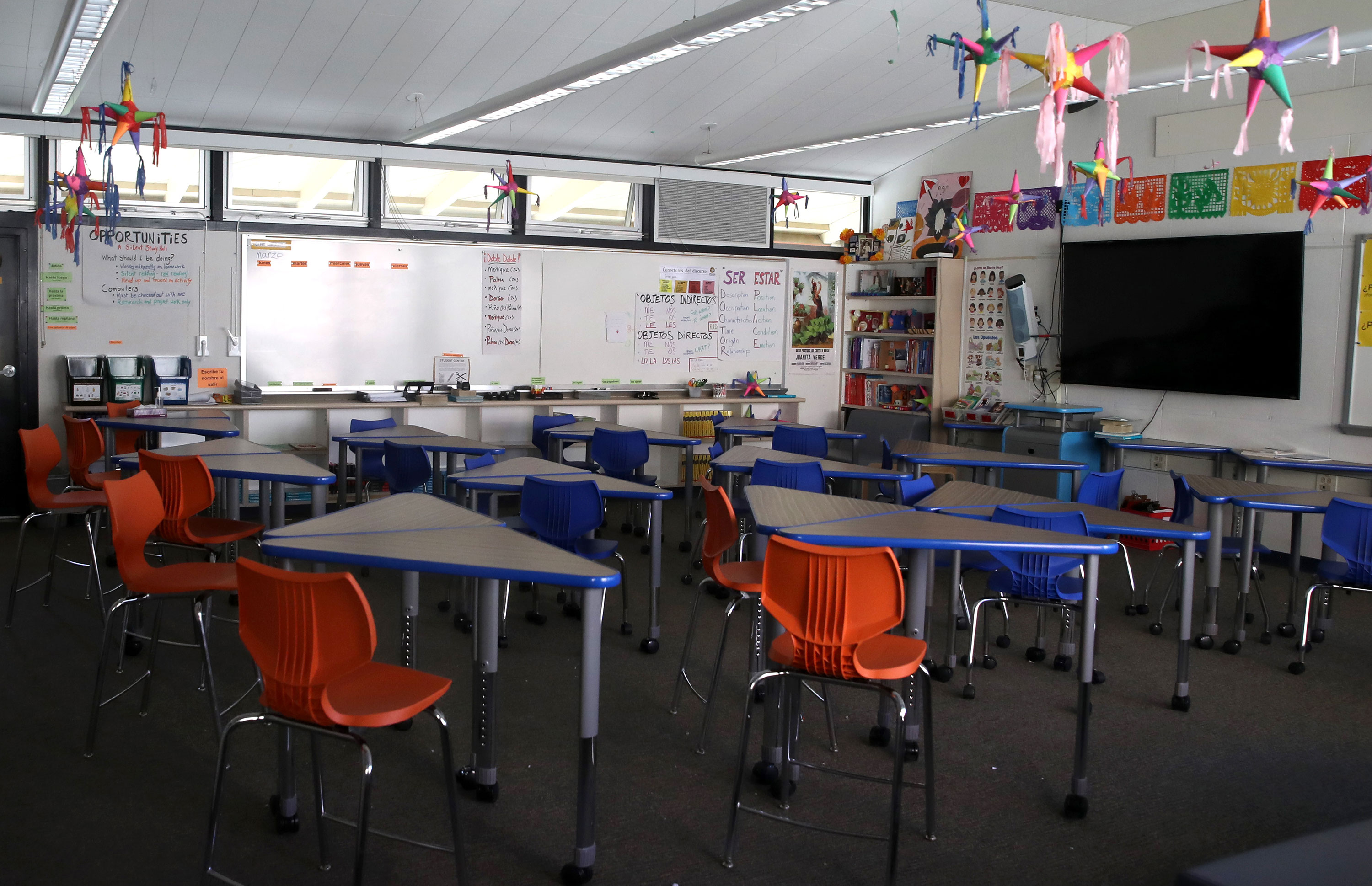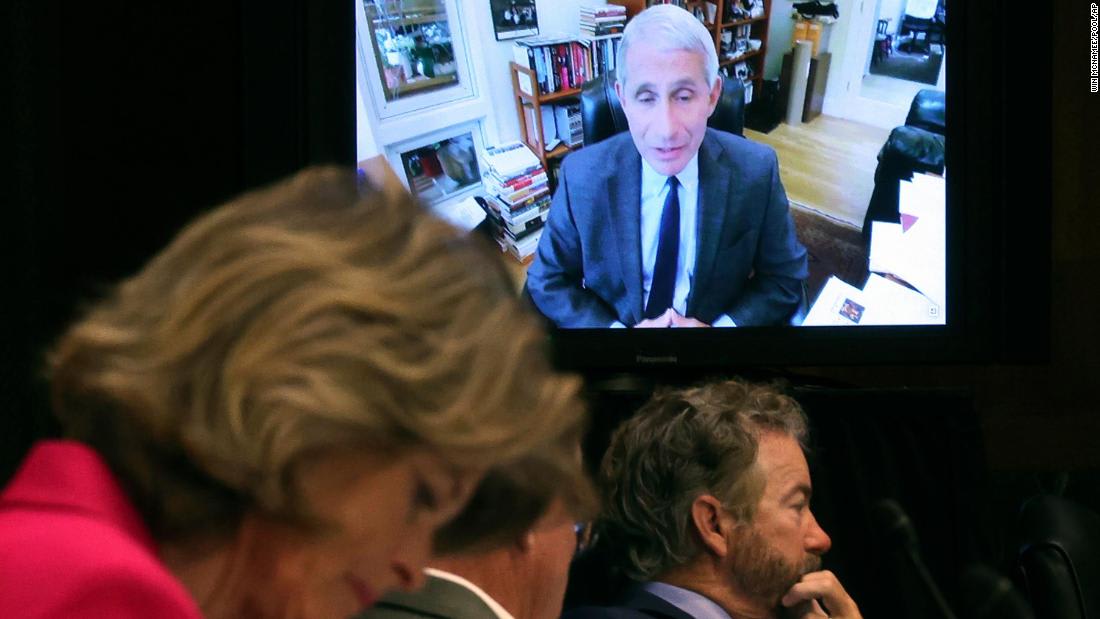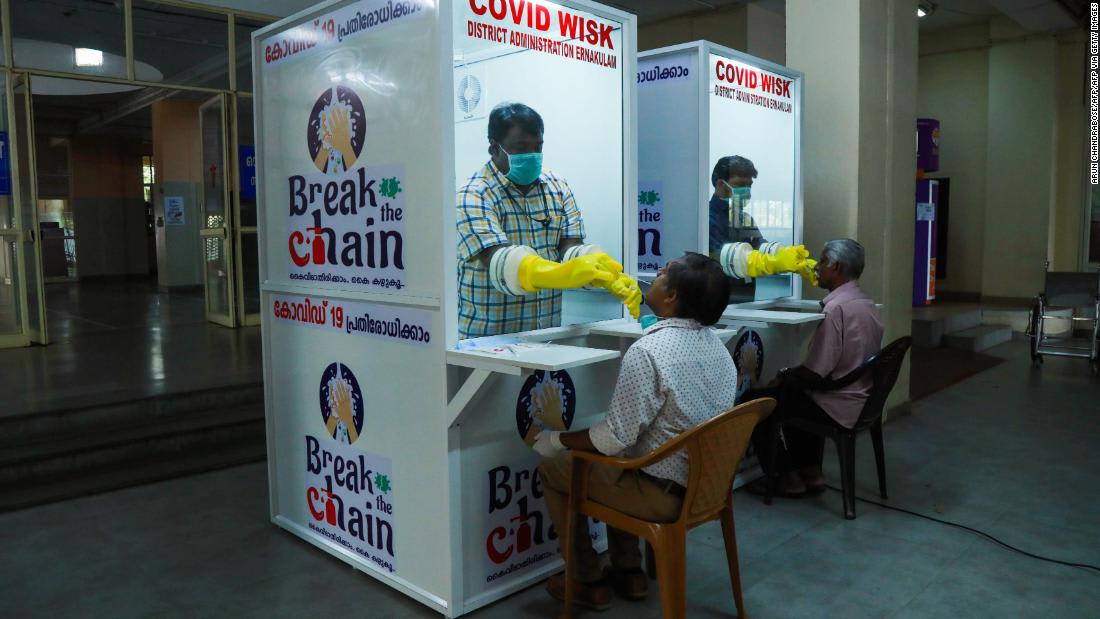A 28-year-old sumo wrestler died of complications from coronavirus on Wednesday, according to Japan’s Sumo Association.
Shobushi -- real name Kiyotaka Suetake -- died from multiple organ failures caused by pneumonia, and was the first person in the sport to succumb to the virus.
The wrestler belonged to the Takadagawa stable and competed in sumo's seventh division. There are eleven divisions in all.
Shobushi was admitted to hospital on April 8 after he developed a fever on April 4. He had been in intensive care since April 19, but his condition deteriorated.
"He fought tenaciously against the disease, enduring the pain and suffering for more than a month like a sumo wrestler. We hope he will rest in peace now. We are very grateful to everyone in the medical institutes who treated him with utmost care," said Japan's Sumo Association in a statement on Wednesday.
Last month, Takadagawa's stable master also tested positive for coronavirus. So far, six members of the sumo association have been diagnosed with the virus.
The Sumo Association held its annual March tournament without spectators after the Japanese government requested the cancellation of large sports events.
Earlier this month, the sumo association canceled the Summer Grand Sumo Tournament and changed the venue of its July 2020 tournament. It will now take place at Tokyo’s Ryogoku Kokugikan behind closed doors.







